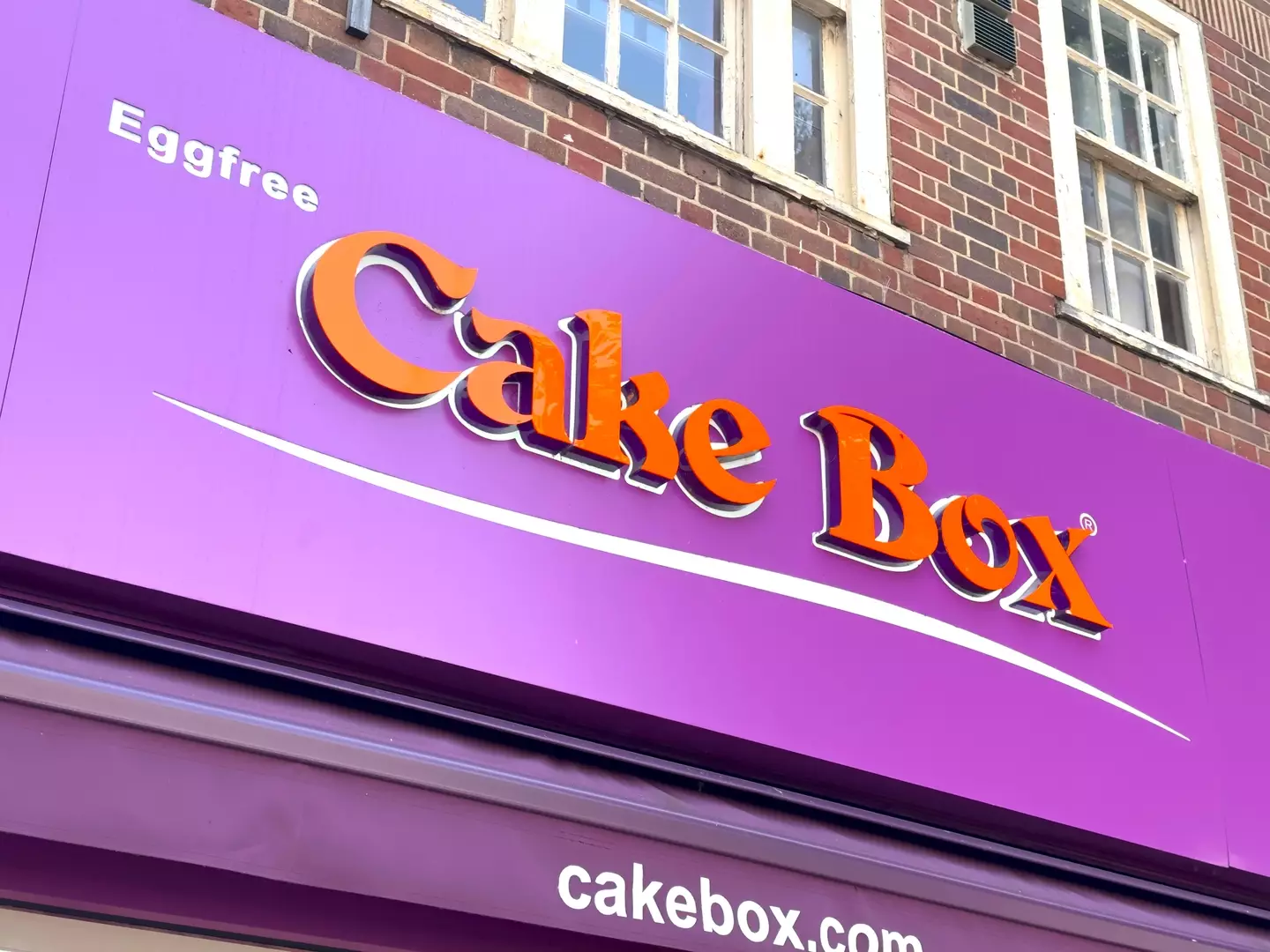
The British high street is famously struggling in the face of online shopping, sky-high rents, and global marketplaces that can practically always beat brick and mortar establishments on price.
It’s estimated that, with all these pressures, we’re seeing 38 high street shops permanently close every day in the UK.
With that in mind, it’s always a big deal when a brand not only manages to keep its stores open but thrives whilst doing so.
That’s the case with Cake Box, a 2008-founded bakery brand that has gone from strength to strength over its 17-year life so far.
Advert

Founders Sukh Chamdal and Pardip Dass found an interesting to way to both satisfy the mainstream and cater to a specific niche: all their cakes are egg-free.
Sukh was once an Indian sweet chef and adheres to a lacto-vegetarian diet – in other words, he doesn’t eat meat, fish, poultry or eggs. The idea for Cake Box’s egg-free setup came to him when his daughter found out that cakes typically contain eggs and said, “I’m not having those.”
Now 62, Sukh attended a food tech lecture at South Bank University and asked the lecturer about potential eggless cake recipes.
“Six weeks later, I had a recipe," Sukh told Metro in a recent interview. “Coincidentally, the shop next to the one we owned also became empty. And Cake Box was born.”
17 years later, and Cake Box has grown from one store to over 250 around the UK, and it even has pop-up kiosks in supermarkets. Metro reported that the brand is opening two three new outlets each month, too.
Cake Box was recently approached by asset firm River Capital over a potential £80 million sale, but Sukh said the buyer was ‘materially undervaluing’ the brand. Despite being rebuffed, River Capital came back with an improved offer and now owns a 7% stake in the business.
Cutting eggs from the equation has proven to be a masterstroke for Cake Box. Not only are eggs a common allergen, but they are seen as non-vegetarian by a significant proportion of the million-plus Hindus living in the UK. With that market alongside anyone looking to avoid eggs for other reasons, Cake Box taps into a customer base that otherwise may feel excluded from the simple joy of cake.

“We were based on Green Street in Newham, East London – a street my father was one of the founding fathers of,” said Sukh.
“As it’s an area with a very high ethnic population, we tailored the product to the community: by removing the egg it became suitable for those from the subcontinent, where egg is considered meat. It’s Halal by default too.”
With a reported 2024 revenue of £42.78 million up from £37.84 million in 2023, Cake Box is a fine example of the success you can find by thinking outside the (cake) box (sorry).
